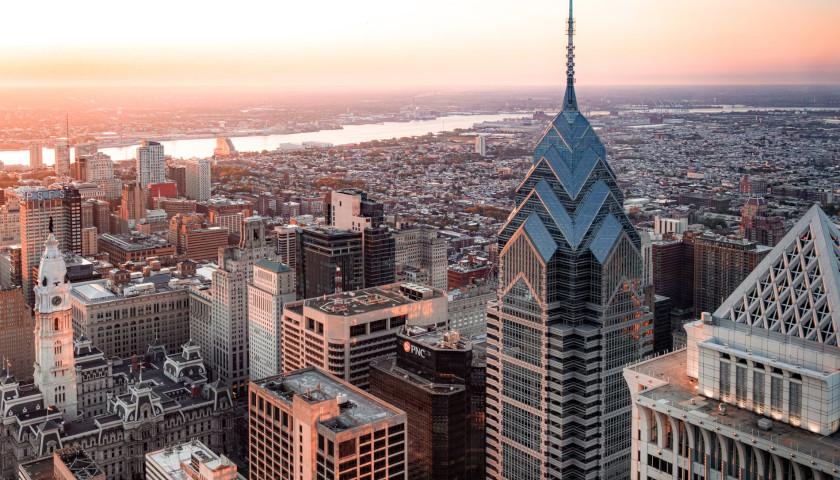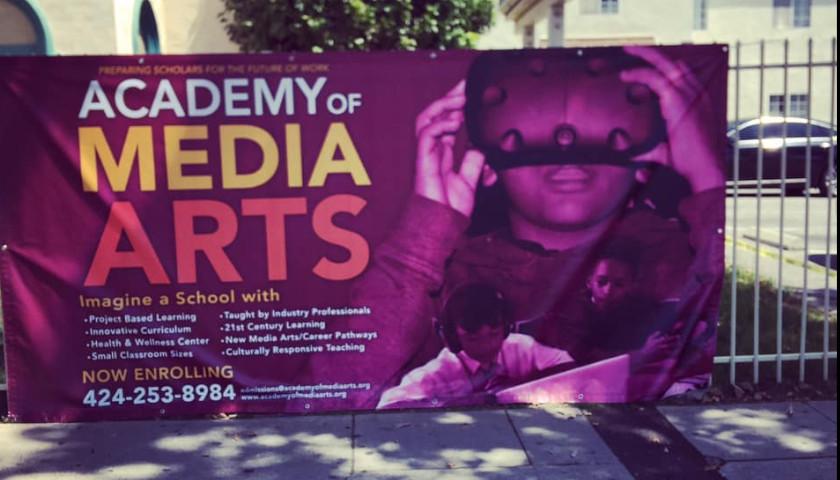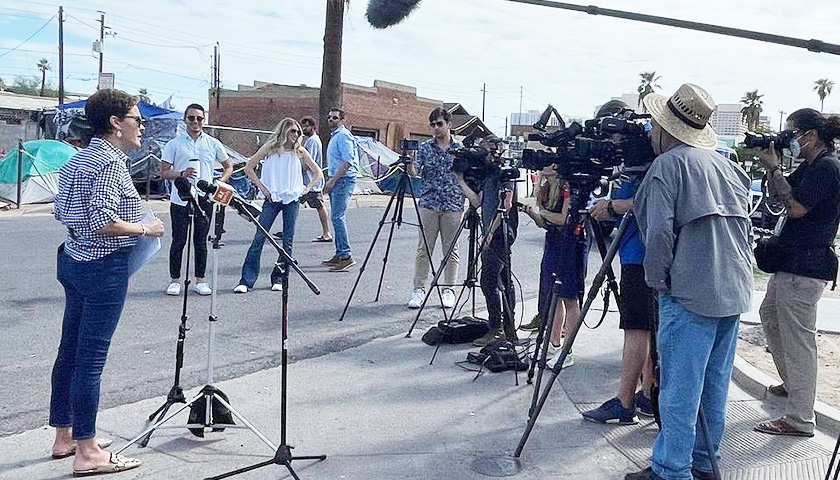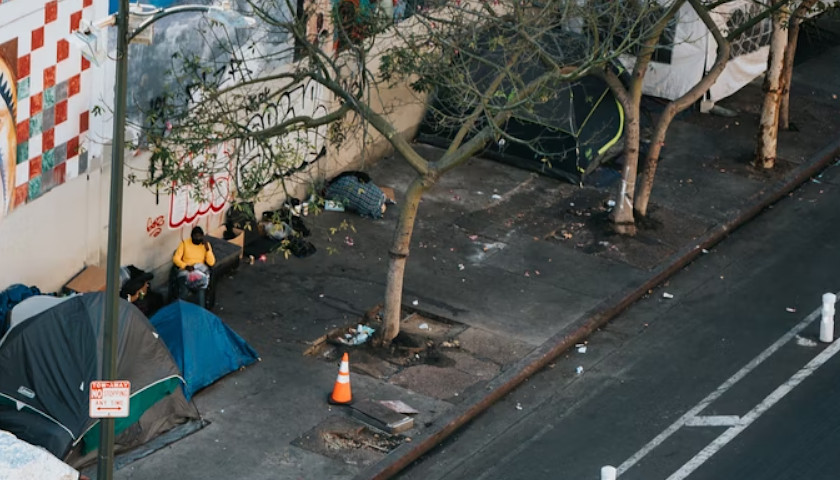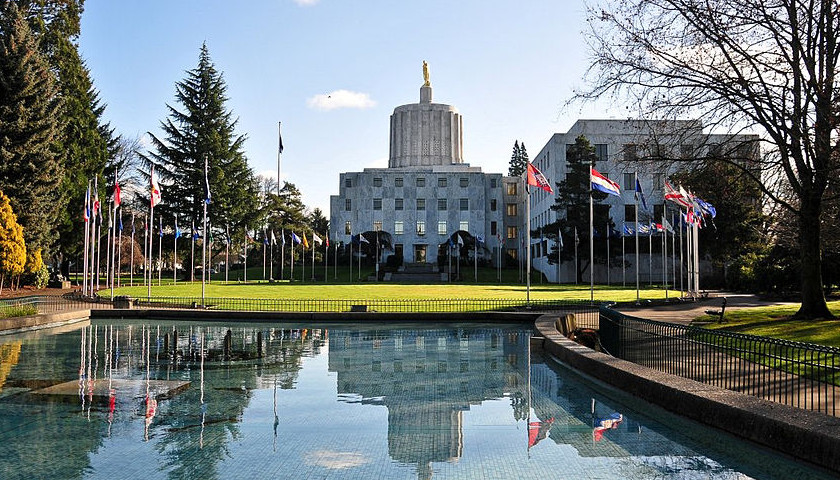by Anthony Hennen
After a raucous public comment period, Philadelphia City Council moved to ban supervised injection sites for narcotics across most of the city.
Council voted 13-1 vote on Bill #230410 to ban any site that “that provides space for any person to inject, ingest, inhale, or otherwise introduce into the person’s body an unprescribed controlled substance” in all but West Philadelphia’s District 3.
The bill modifies the city’s overlay zoning district to categorize the sites as a prohibited use, which means that the Zoning Board of Adjustment could still grant an approval for a site, but community groups would be more involved in the process.
Almost two dozen members of the public came to speak about the bill, introduced by Councilwoman Quetcy Lozada.
Addiction recovery workers and health care professionals argued the sites were crucial to get drug users help.
“An overdose prevention center is a pathway to treatment,” Kelly Murray, a certified recovery specialist, said. “Standard treatment pathways are not enough, emergency rooms are not enough — this is a disaster area, an epidemic … We will not save the people I struggle to help today if we don’t open one.”
Shoshana Aronowitz, a nurse practitioner and an assistant professor of family and community health at the Penn School of Nursing, argued that the sites fill a health care gap.
“For many people who use drugs, these types of organizations are the only health care they receive on a regular basis,” Aronowitz said. “We are throwing away an opportunity to keep people alive.”
State Senator Nikil Saval, D-Philadelphia, also appeared at council in opposition to the ban.
“Opposition to these life-saving spaces is based in misunderstanding of how they operate and their impact on the surrounding communities,” Saval said.
He referenced studies on injection sites in Canada and Australia that pointed to more people entering treatment after visiting sites and decreases in crime in neighborhoods with supervised use.
Residents from Kensington and Harrowgate, neighborhoods with rampant public drug use, spoke in support of the ban. Their comments were often followed by boos from the crowd.
“Our children are walking over bodies and needles every day,” Marnie Aument-Loughrey, president of the Kensington Independent Civic Association, said. “I have a 6-year-old little girl that fell on a needle and has to be tested for HIV every 6 months. Her rights count. Our businesses are shutting down.”
She supported getting people help and into rehabilitation, but said that help is not given through a supervised injection site.
“We have a history of good intentions, but bad consequences,” Lynn Landes of Safe Streets Philly said. “We want to see a lot of time, money, and effort given to people with drug addiction problems. But that does not include enabling the addiction — that makes no sense.”
Alfred Klosterman of the Harrowgate Civic Association echoed other residents.
“The city’s allowing these services for addicts have led to the destruction of the residents’ quality of life,” he said. “Kensington is seen as a place to allow these activities because we’re the city’s poorest community as well as one of the most diverse. To a lot of people, we don’t matter. Enough is enough, we’re tired of being a dumping ground for this behavior….we are not your damn colony.”
“These people..should get help, but also we shouldn’t be objectified, we shouldn’t be forced to deal with the needles, deal with the trash, and deal with having people steal our things that we work so hard for,” Neyda Rios of Harrowgate said.
She recounted a recent incident where she saw a man suffering from an overdose and called for Narcan to save his life.
At-large Councilwoman Kendra Brooks defended her lone “no” vote on the ban as pragmatic.
“These are preventable deaths that we are failing to prevent,” Brooks said. “My focus is on finding the strategies that prevent people from dying — and I can’t support permanently banning a tool that has been proven to save lives.”
Lozada argued the ban was necessary to protect residents.
“I will not apologize for making the voice of the people who live in my community a priority,” she said. “As we were hearing public testimony, the majority of the individuals who weren’t in support of the bill do not live in the Kensington/Harrowgate community.”
The reality of life in that part of Philadelphia, she said, was being overlooked.
“It is disturbing to me that those voices — the voices of the people who don’t have to deal with the day-to-day trauma that our children and our community have to deal with — it is disturbing to me that they think that their voices should be heard louder than those who walk those streets every day,” Lozada said.
New York City has received national attention for its use of supervised sites, though they remain illegal on the federal level.
Critics argue that the sites do little to reduce overdose deaths.
“Manhattan, with two supervised consumption sites, still experienced 200 more overdose deaths than it did in 2018,” Charles Fain Lehman of the Manhattan Institute wrote. “Reversing an opioid overdose with naloxone does not reduce the self-harming behavior—drug use—that led to the overdose.”
– – –
Anthony Hennen is a reporter for The Center Square news wire service, covering Pennsylvania, and co-host of Pennsylvania in Focus, a weekly podcast on America’s Talking Network. Previously, he worked for Philadelphia Weekly and the James G. Martin Center for Academic Renewal. He is managing editor of Expatalachians, a journalism project focused on the Appalachian region.

